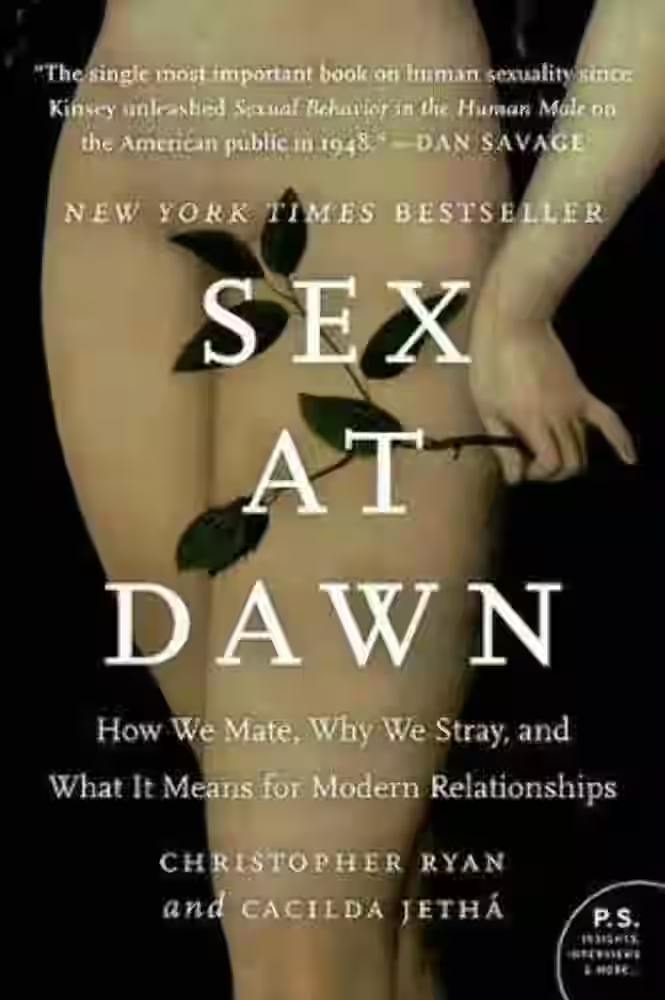
In 'Sex at Dawn', Christopher Ryan challenges conventional beliefs about human sexuality by delving into the evolution of our ancestors and questioning the societal norms surrounding monogamy. Through a mixture of anthropology, psychology, and sociology, Ryan argues that humans may have evolved as a more promiscuous species, making a case for non-monogamous relationships. By examining prehistoric and contemporary cultures, he challenges readers to rethink traditional views on sex, love, and commitment. With a mix of humor and compelling research, 'Sex at Dawn' provokes thought and discussion on the complexities of human relationships and desires.
About Christopher Ryan
Christopher Ryan is a celebrated author known for his groundbreaking work in the field of evolutionary psychology and sexuality. With a background in psychology and anthropology, Ryan is a keen observer of human behavior and relationships. His notable work, 'Sex at Dawn: The Prehistoric Origins of Modern Sexuality,' co-authored with Cacilda Jethá, challenges traditional views on human sexual behavior and relationships, sparking debate and reshaping perspectives. Ryan's writing delves deep into the intersections of biology, culture, and society, offering fresh insights into our understanding of human nature. His thought-provoking ideas continue to influence discussions in the literary and scientific communities.
About Cacilda Jetha
Dr. Cacilda Jethá is a practicing psychiatrist specializing in psychosexual disorders and couples therapy. Born into an Indian family in Mozambique, she fled civil war to Portugal as a child. After studying medicine in Lisbon, she returned to Mozambique in the 1980s, where she was the sole physician in a vast rural district. She conducted research for the World Health Organization on the sexual behavior of rural Africans to develop more effective AIDS-prevention efforts. Jethá co-authored the New York Times bestseller Sex at Dawn: The Prehistoric Origins of Modern Sexuality with her husband, Christopher Ryan. The book challenges conventional beliefs about human sexuality, proposing that early human societies were non-monogamous and egalitarian. Dr. Jethá resides in Barcelona, Spain.
Similar Books
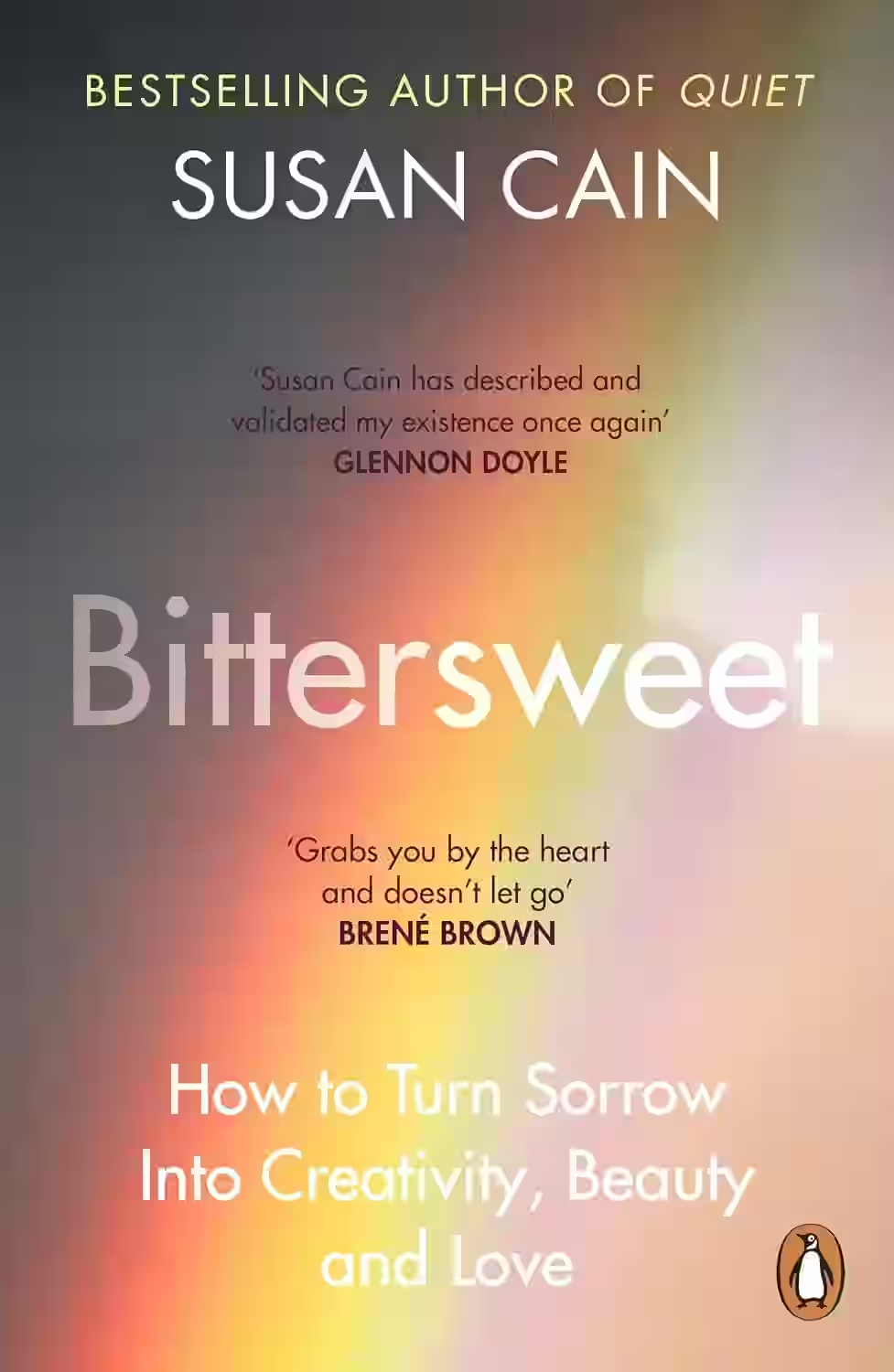
Bittersweet
by Susan Cain
In Bittersweet, Susan Cain examines the power of embracing sorrow and longing as essential aspects of the human experience. She argues that acknowledging and accepting these emotions can lead to greater creativity, connection, and fulfillment. Drawing on research and personal anecdotes, Cain challenges the cultural emphasis on constant positivity, advocating for a more nuanced understanding of happiness. The book offers a compelling perspective on the value of melancholy and its role in leading a meaningful life.
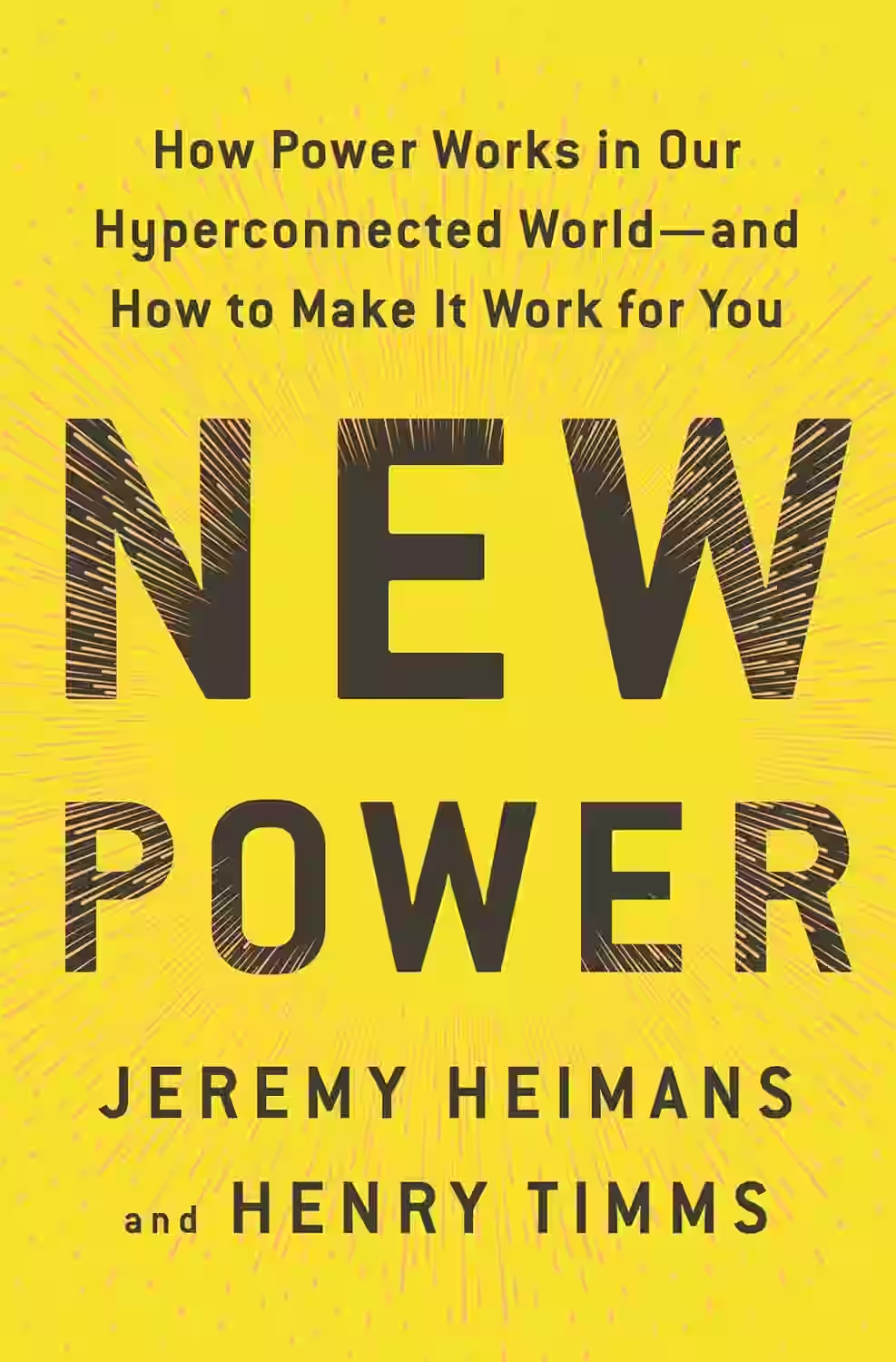
New Power: How Power Works in Our Hyperconnected World
by Jeremy Heimans, Henry Timms
New Power explores how influence, leadership, and engagement have evolved in the digital age. The authors contrast "old power"—top-down, closed, and leader-driven—with "new power"—open, participatory, and crowd-sourced. Through case studies like #MeToo, Airbnb, and TED, they show how modern movements and brands leverage community and transparency. The book offers tools for leaders, activists, and entrepreneurs to harness this shift effectively. Branson and other innovators have praised New Power for its relevance in today’s hyperconnected world, where collaboration and authenticity often matter more than hierarchy or control.
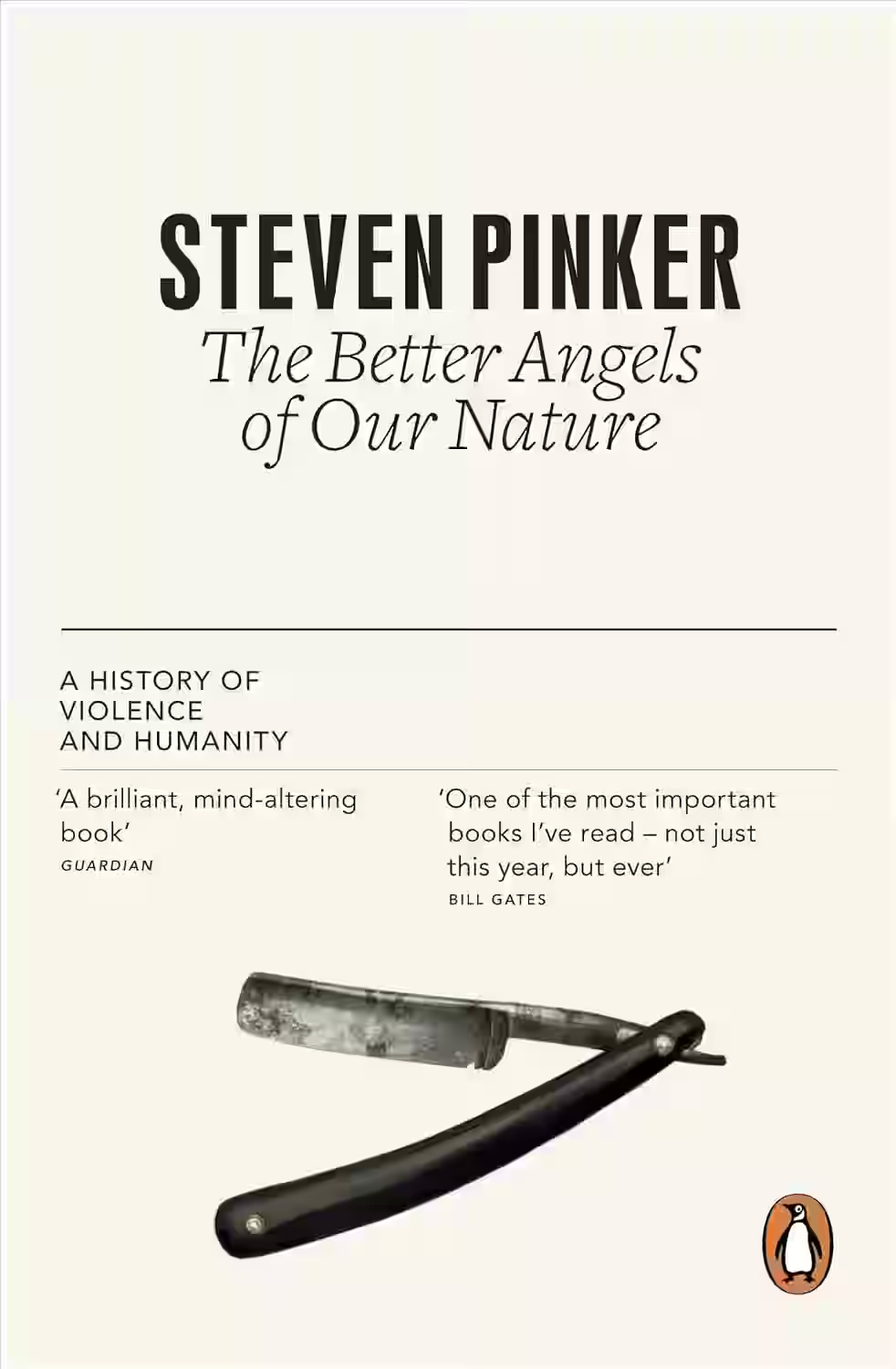
The Better Angels of Our Nature
In The Better Angels of Our Nature, cognitive scientist Steven Pinker argues that, contrary to popular belief, violence has declined significantly over human history. Drawing on data from psychology, history, and political science, Pinker examines how societal changes—such as the spread of literacy, trade, and centralized governance—have contributed to a more peaceful world. He identifies forces like empathy, reason, and moral progress as "better angels" guiding human behavior. Though controversial, the book provides a compelling, data-driven narrative that challenges pessimistic views of human nature and makes a bold case for the progress of civilization over the centuries.
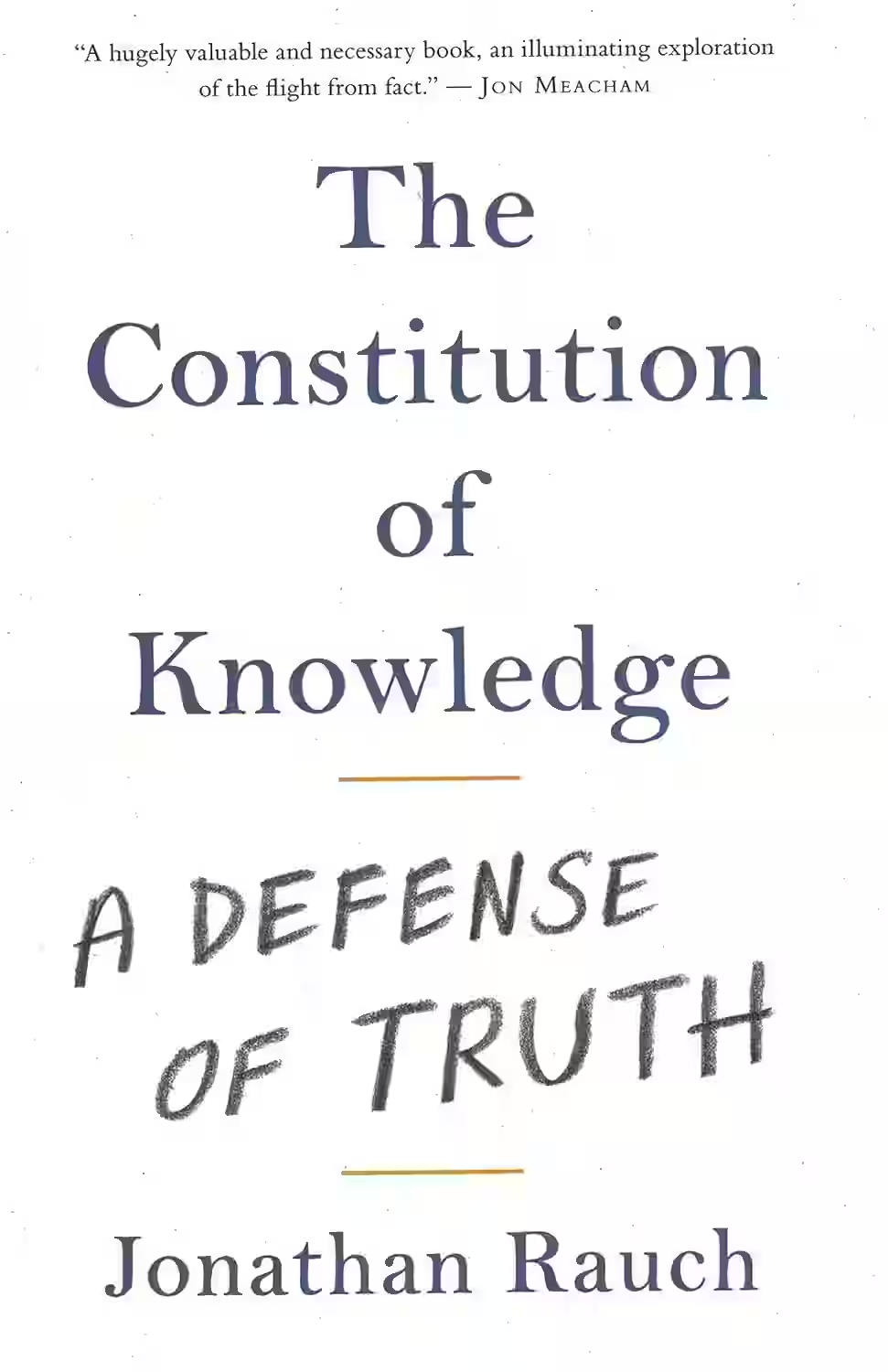
The Constitution of Knowledge
In The Constitution of Knowledge, Jonathan Rauch defends the epistemic institutions—science, journalism, academia—that uphold truth in democratic societies. He explores how norms like open debate, peer review, and fact-checking serve as a “constitution” governing the marketplace of ideas. Amid rising disinformation and tribal polarization, Rauch argues for preserving this knowledge system through free speech, tolerance, and intellectual humility. Blending political philosophy, history, and media studies, the book is both a defense and a roadmap for safeguarding truth in a digital age. It's an essential read for anyone concerned about democracy, truth, and the future of civil discourse.